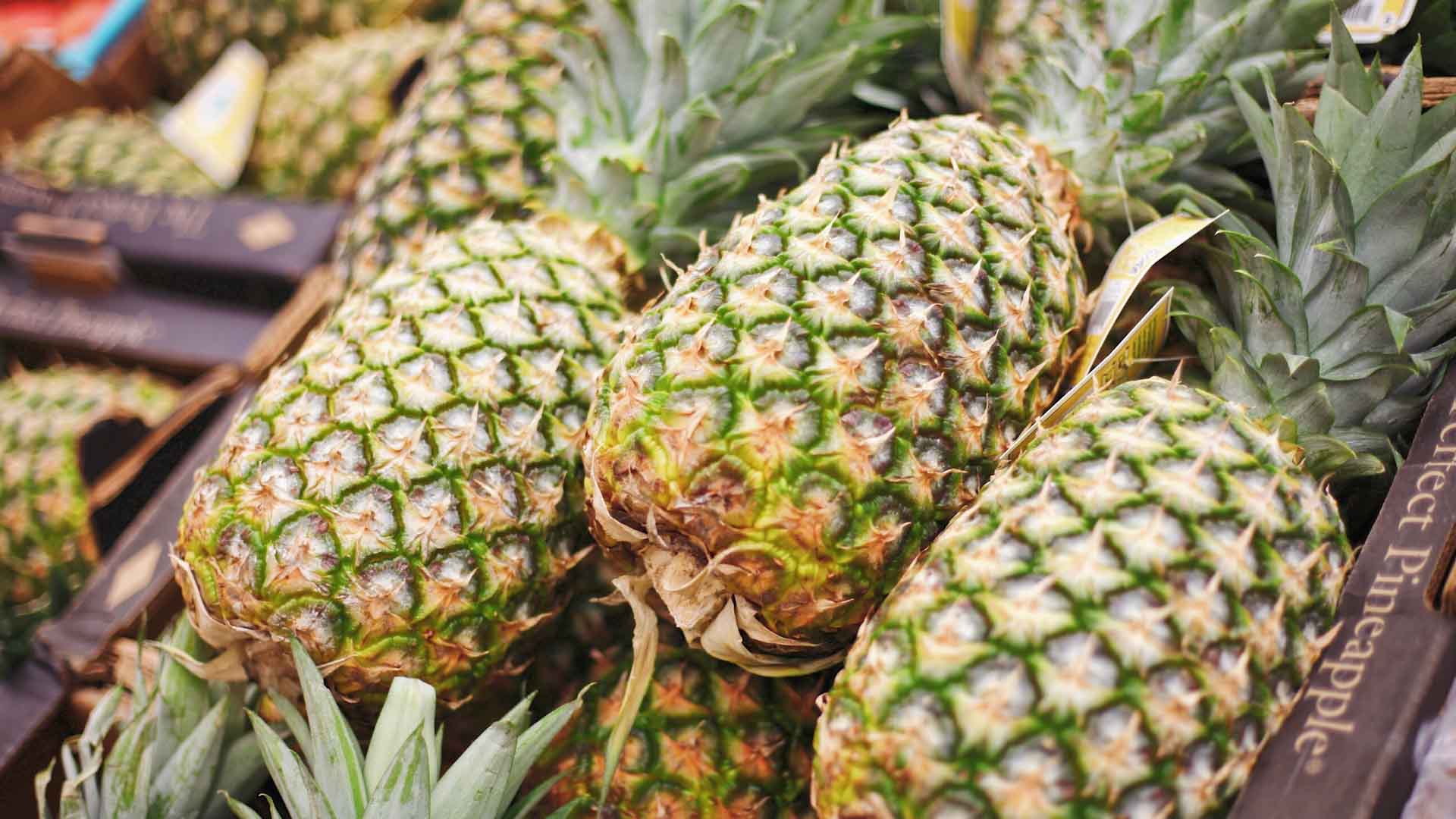An executive of the Philippine Textile Research Institute (PTRI) on Tuesday said the agency is looking at training more farmers on banana and pineapple fiber extraction.
“The advantage of pineapple or banana fiber is that these are agricultural byproducts. The trunks and leaves are byproducts. Using these for textiles adds value, so farmers could earn more from what would otherwise be left to rot in the farms,” PTRI officer in charge Julius Leaño told the Philippine News Agency.
He added that every gram used as an alternative to cotton helps in reducing cotton consumption. About 10,000 liters of water is needed to grow 1 kilogram of cotton, making other fibers an eco-friendly alternative, he said.
Leaño added that pineapple fiber is antimicrobial. Moreover, both pineapple and banana fiber add aesthetic to pure cotton yarns.
The PTRI recently trained 13 farmers in Calauan, Laguna, in partnership with the local government and the Samahan ng Manghihiblang Calaueno, Inc.
“Plans are underway to conduct the same training in Mindoro, Agusan and Surigao provinces,” Leaño said, adding that the PTRI had previously conducted the training in Apayao and Pagsanjan, Laguna.
Providing them with training will help them find other revenue streams, he said.
“With the training, farmers can produce textile fibers, which we can buy for R&D (research and development) and prototyping activities. They may also sell textile fibers to other clients,” he added.
Meanwhile, Leaño said the PTRI has been studying technologies for extracting, treating and processing pineapple fibers for nonwoven textiles.
The PTRI is looking at using pineapple fibers for indoor roofing inlays and insulation materials, and nonwoven textiles for thermal insulation and lighting diffusion applications. (PNA)







